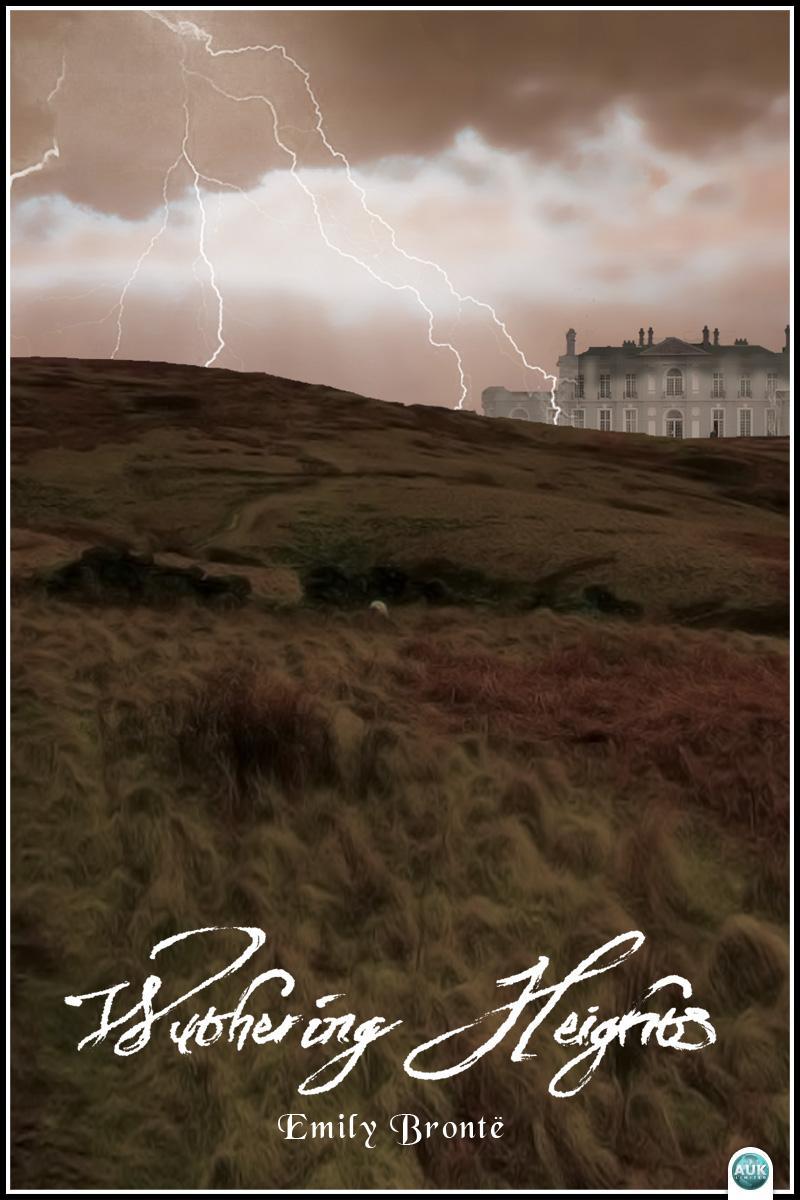
Wuthering Heights
¥39.14
This edition of Wuthering Heights has been specially formatted for today's e-readers by Andrews UK. Emily Bronte's first and only novel was first published in 1847; It is set in Yorkshire and tells of the turbulent relationship between Heathcliff and Catherine Earnshaw that eventually destroys them and those around them. Even though it had limited success on publication it has become a classic of English Literature.
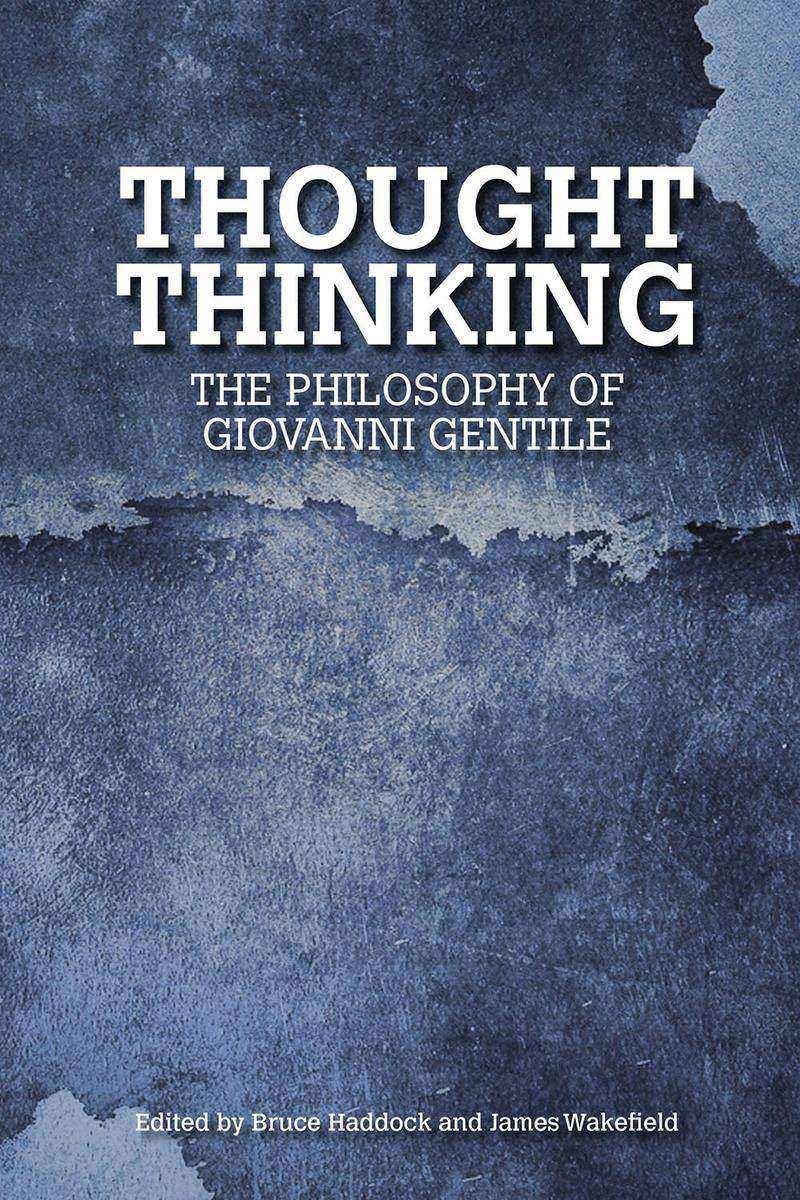
Thought Thinking
¥294.20
The Italian author Giovanni Gentile (1875-1944) occupied a radical position among philosophers of the first half of the twentieth century. He tried in earnest to revolutionize idealist theory, developing a doctrine that retained the idealist conception of the thinking subject as the centre and source of any intelligible reality, while eschewing many of the unwarranted abstractions that had pervaded earlier varieties of idealism and led their adherents astray.Given his great prominence during his lifetime, it is perhaps remarkable that Gentile is so little discussed, and even then so poorly understood, in the English-speaking world. Few of his works have ever been translated into English, and these represent only a fraction of his great corpus and the many topics discussed therein. This neglect is partly explained by his close association with the Partito Nazionale Fascista (National Fascist Party), of which he remained a loyal member and supporter between 1923 and his assassination in 1944.The volume comprises eleven essays. Seven of these are new pieces written especially for Thought Thinking, and are intended both to contribute to ongoing debates about Gentile's philosophy and to indicate just a few of its many aspects that continue to draw the attention of philosophers, political theorists and intellectual historians. These are supplemented by new English translations of four of Gentile's shorter works, selected to offer some direct insight into his ideas and style of writing.
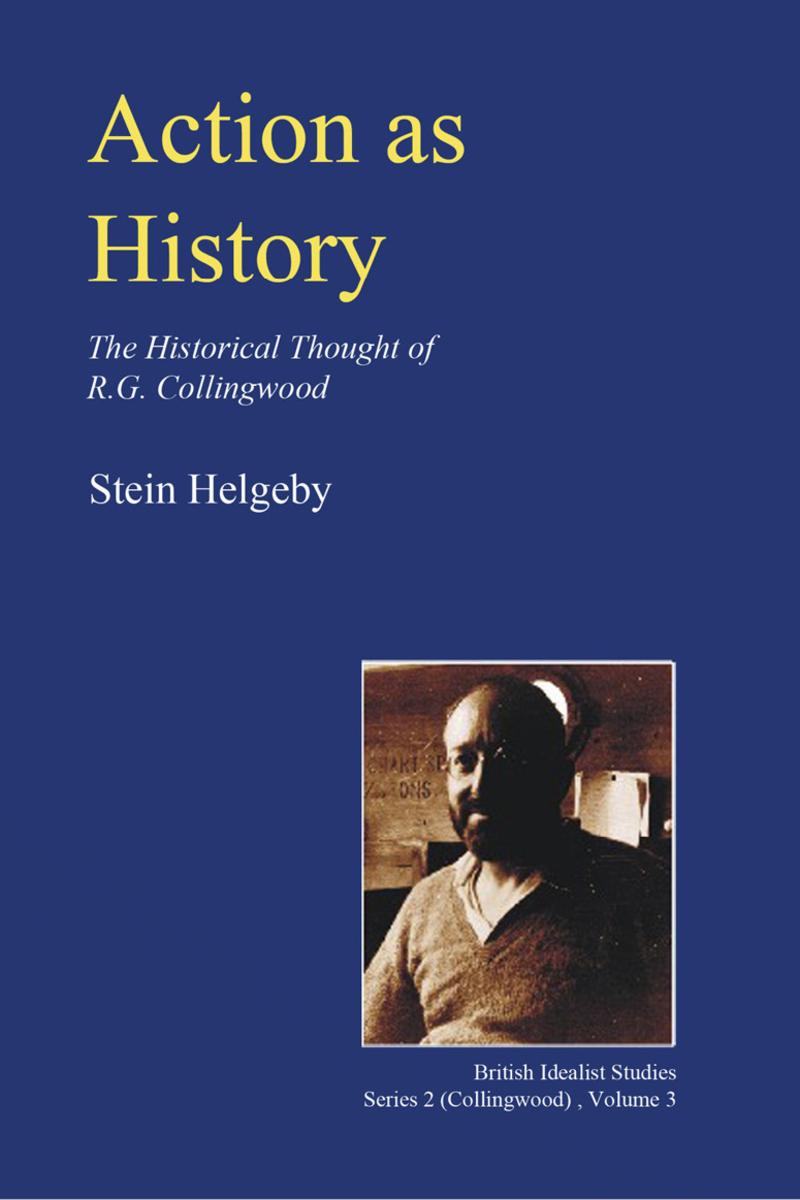
Action as History
¥220.63
R G Collingwood's philosophy of history reflected his historical practices and his moral philosophy. Reflection on historical practice provided him with a theory of knowledge; his moral philosophy provided him with a theory of the object of history. This study shows how Collingwood's concepts of action and history developed together.
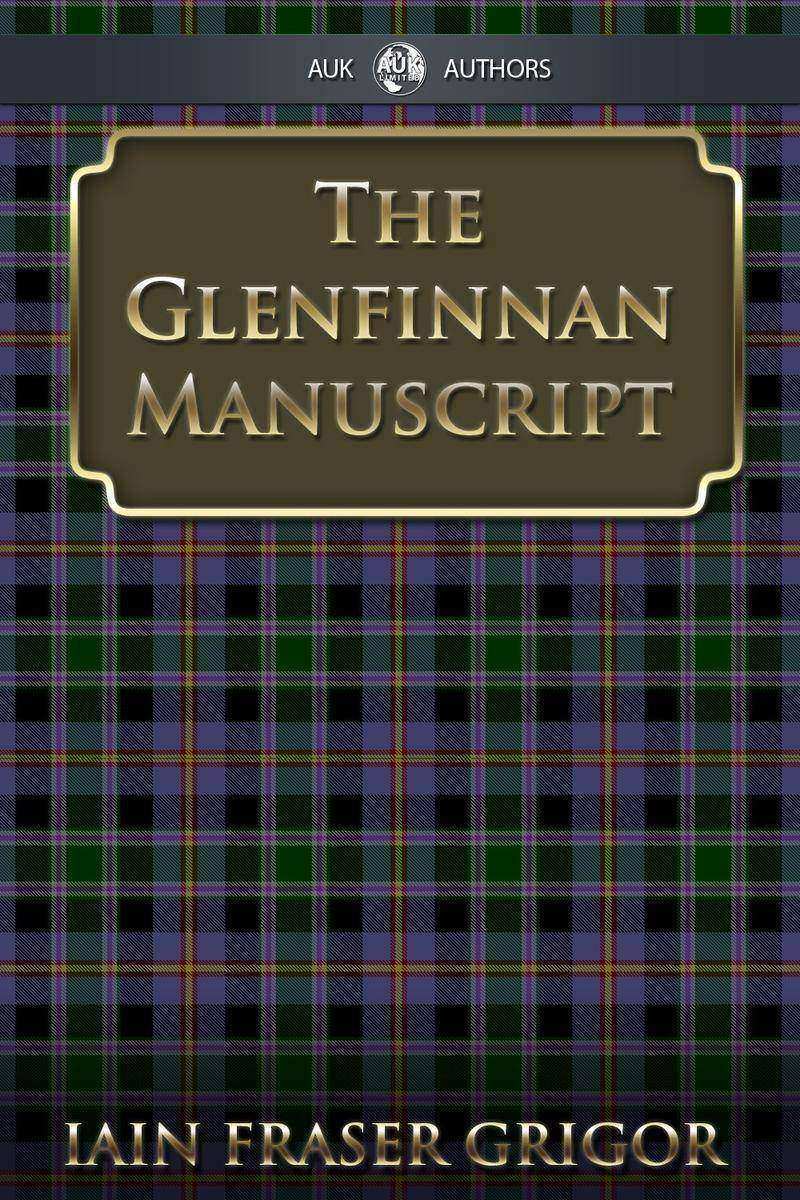
Glenfinnan Manuscript
¥19.52
This novel is the second in a projected five-part series called The Second British Protectorate - a series of high-concept, story-driven commercial fictions from the viewpoint of alternate history, supposing a sovietised post-war Britain modelled on Cromwell's 17th century Protectorate. The themes are both historical and modern. For instance - what shape would a popular rising against such a state have taken? Who would have collaborated with the regime - who might have resisted - and who might have loafed on the leathered benches of least resistance? What would the state's religious policy have been? Might that policy have forced the merger of the churches of Scotland and England? Might the religious and messianic mania of the 17th century have returned? Might it have been believed that Jesus had come (back) to England? Might George VI have gone to the scaffold as Charles I had - dead by winter axe in London's Whitehall? What role would the great lawyers of the land and their sacred notions of constitutionality and amour-propre (not to mention the school-fees) have had in all of this? What about civil liberties, and clear and present dangers to the state? What about the asymmetric distribution of lethal capacities for oppression and resistance? What about the nature of religious identity as the ideology of that resistance? What role might cocaine have played in a ruined command-economy with a worthless currency? Might the Americans have smuggled it into Britain in huge quantities as a way of funding democratic terrorism? The Glenfinnan Manuscript (the lass with the siller buckle) - as the churches of Scotland and England are forced to merge, a band of outlaw Daniels murder the Archbishop of Canterbury in the very centre of Edinburgh, and escape with six tons of English (or British) gold. But - where is that gold now?

Spectra Magazine - Issue 1
¥24.43
Spectra is the new digital magazine bringing you the best in new sci-fi, horror and fantasy short fiction, news and reviews. With four new stories from established writers and rising talent every issue, Spectra Magazine delivers the cutting edge of digital fiction direct to your favourite eBook platform. Spectra Magazine is the first science fiction, fantasy and horror short fiction publication dedicated to digital reading, delivering the best in genre-based literary entertainment. Each month, four brand new short stories are curated from award-winning genre writers and new talent alike, bringing you electrifying fiction in a host of different styles. We believe that sci-fi, fantasy and short fiction should dazzle and excite even the most seasoned reader, and we only select authors who are sure to blow your mind, ignite your imagination or turn your dreams into nightmares. Written and designed specifically for the e-book generation and e-reader technology, Spectra Magazine is essential for everyone with a passion for science fiction, fantasy, horror, or anyone looking for something fresh and exciting to bring their e-Reader to life. The future of short fiction is here.
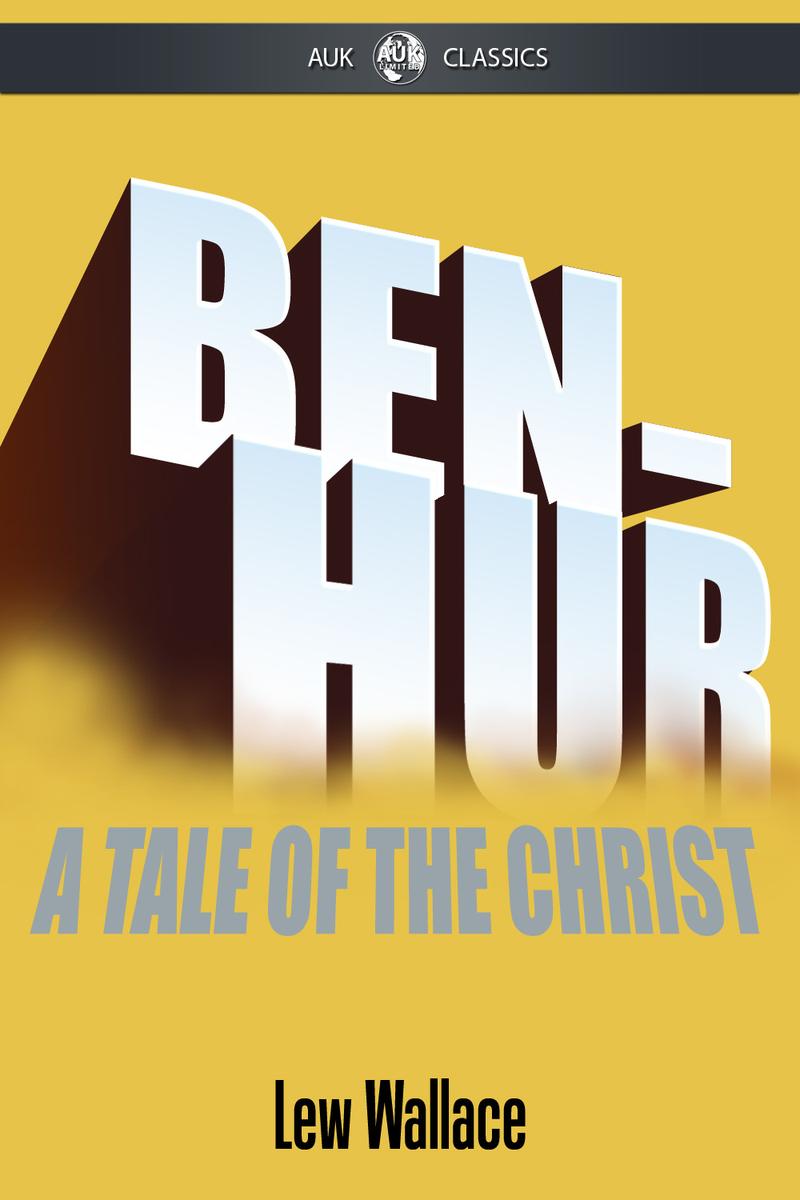
Ben-Hur
¥58.76
One of the most famous of all classic stories, this exciting tale of betrayal, revenge and salvation is a must-have addition to any digital bookshelf. Specially formatted for today's e-readers, this version contains the full saga as writen by master author Lew Wallace.
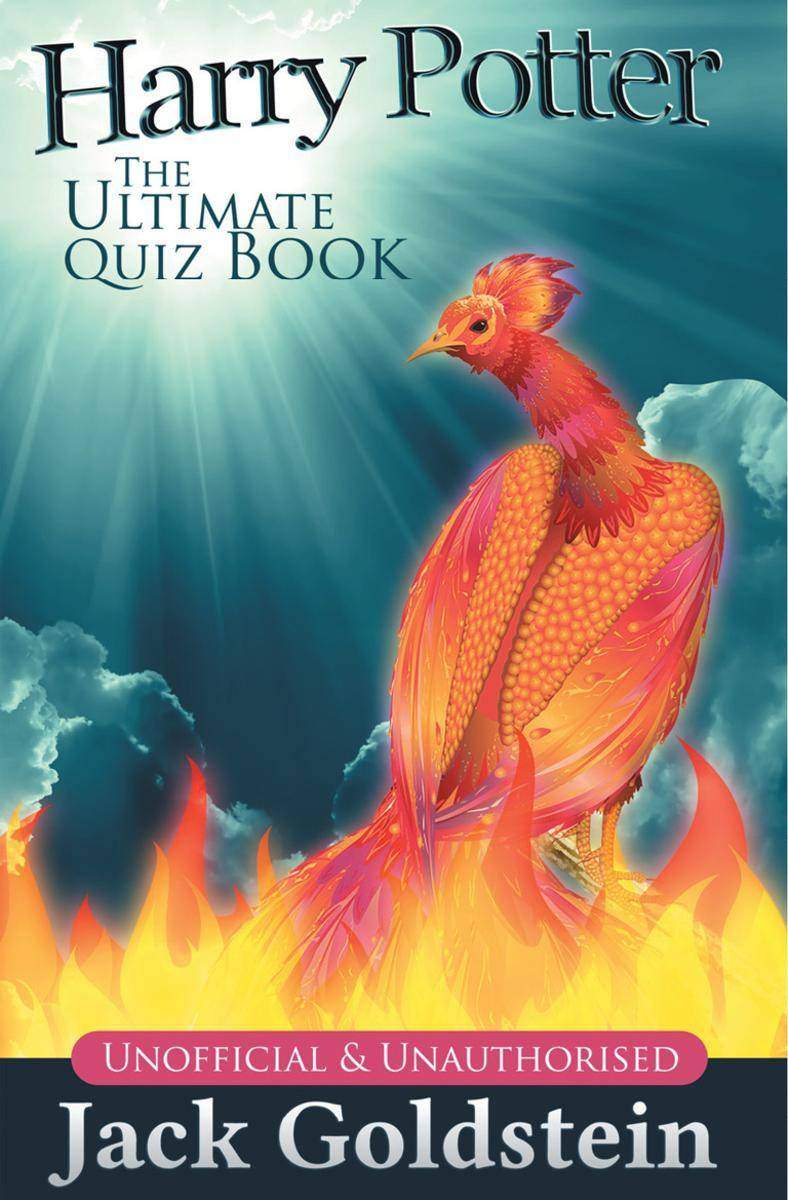
Harry Potter - The Ultimate Quiz Book
¥39.14
The magical world of Harry Potter and his friends (and enemies!) is one that is host to a wealth of wonderful information. Over seven books, J K Rowling has introduced us to a fantastical place where I am sure many of us would love to live - despite the risks of coming across dark wizards or scary beasts!This book contains 400 questions to test the knowledge of any Harry Potter fan. From questions even a muggle should know all the way through to trivia that would test Dumbledore himself, this is an excellent way to enjoy the wizarding world even more. These quiz questions are generally based on the world as told to us in the books, rather than the series of films, as the two are sometimes quite different! Perhaps you will read this book - newly updated and revised for a third edition - on the bus home after a long day at work or school, or maybe you will test your friends and family to see if they are as much of a magical expert as you are.
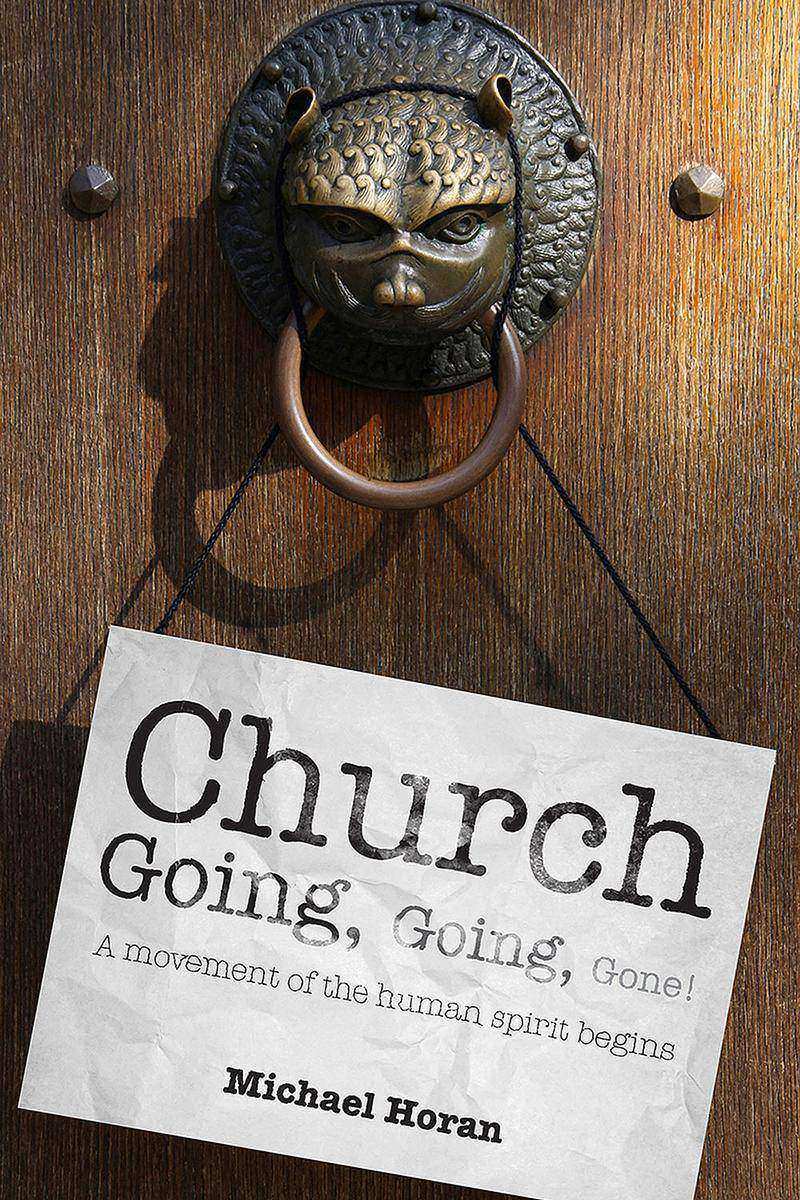
Church-going, Going, Gone!
¥107.81
In Church-going, Going, Gone! Michael Horan argues that although the Christian church in Britain may be in terminal decline, that is not to be equated with a national decline in spiritual values. Most if not all people have some level of awareness of what he calls the 'Other-than-oneself', even though they have rejected, or never accepted, the church's now outdated teaching. Church-going, Going, Gone! is concerned less with teaching than with learning. The book provides atheists, agnostics and believers-in-exile, as well as those who have given little thought to belief, with a framework for collaborating as learners, working toward equality, peace and reconciliation, and dedicated to unselfish and imaginative social action. A new movement of the human spirit is beginning.

Vom Regen in die Traufe
¥68.57
Mai 1920, die Regierung der Republik in Berlin erklaert die deutschen Freikorps, die im Baltikum noch immer kaempfen, fuer aufgeloest. Geruechte ueber Intrigen und Verschwoerungen beherrschen die Presse. Nationalisten beginnen unter den Augen der Alliierten eine neue deutsche Armee zu schaffen. Alles, was Brock bisher vom Leben gesehen hat, sind der Krieg und das Heer. Der alten Volksweisheit vertrauend, dass, wer wirklich arbeiten will, auch Arbeit findet, macht er sich auf den Weg nach Berlin und wird schnell er eines Besseren belehrt. Betrogen und ausgeraubt endet er ohne einen Pfennig auf der Strasse. Nur Glueck und Mut retten ihn. Widerstrebend wird er in die Machenschaften der militaerischen Geheimbuende und ihrer Verbuendeten in Politik und Wirtschaft involviert. Er betritt die verschiedenen Welten von Gerichtshof und Polizei, Presse und krimineller Unterwelt, Schwarzer Reichswehr und altem Adel. Schliesslich muss er, gerade im Begriff, ein erfolgreicher Reporter zu werden, einen gefaehrlichen Moerder stellen und verliert beinahe sein eigenes Leben. Die spannende Geschichte entwirft ein Bild der Zwanziger Jahre, ohne ein Geschichtsbuch zu sein.
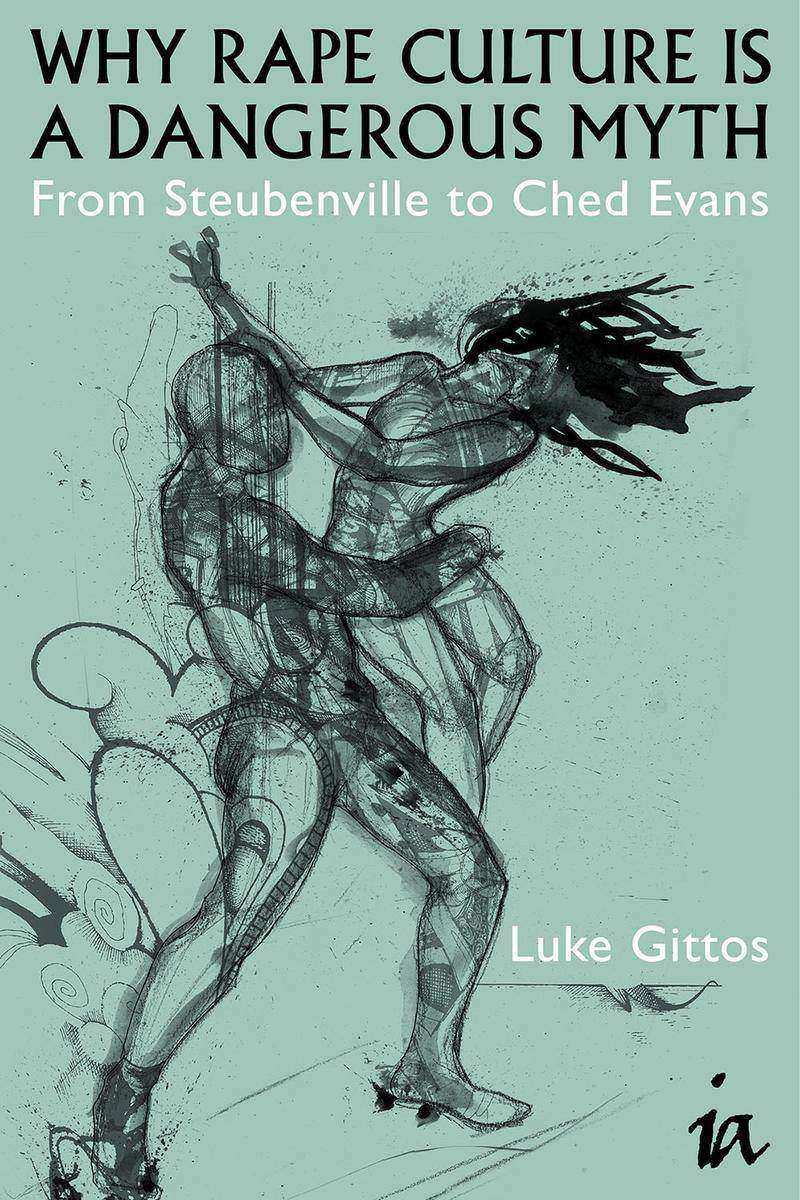
Why Rape Culture is a Dangerous Myth
¥107.81
Today it is often said that we live in a 'rape culture'. Panicked headlines tell us that rape is on the increase and that the police are failing to deal with it. Our courts are said to be incapable of delivering justice in rape cases, with the rate of convictions remaining consistently low. Sexism and misogyny in wider society have created a culture in which rape is pervasive, under-reported and often ignored by an uncaring public. But these claims are built on myths and misunderstandings.This book argues that the belief in a 'rape culture' is seriously distorting our discussion of sexual violence. It explains how the laws around rape have expanded significantly in recent decades, giving the state a far greater say in the most intimate areas of our lives. The drive to prosecute more and more people has damaging implications for our legal rights and basic freedoms - and our ability to live intimately with one another. If we are to have a serious discussion about rape, it's time to dispel the dangerous myth of rape culture.
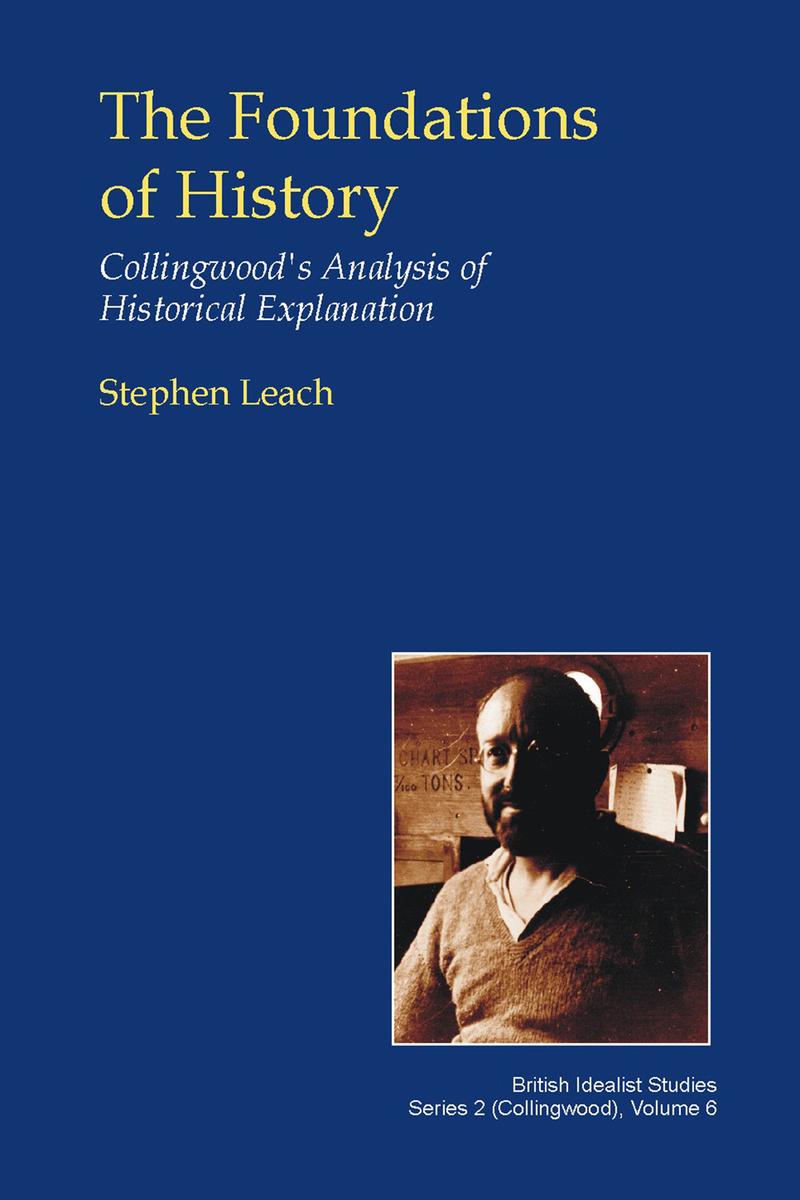
Foundations of History
¥220.63
This book provides an exposition and critical examination of Collingwood's philosophy of history, in which Collingwood's views are read in the light of his metaphilosophy. Collingwood's philosophy of history is also located in relation to recent and current philosophy. Although the author argues that Collingwood's conception of the subject matter of history may require some revision, he is generally sympathetic to the aims and methods of Collingwood's project. Indeed, the author hopes to demonstrate that these aims and methods are still of great value.
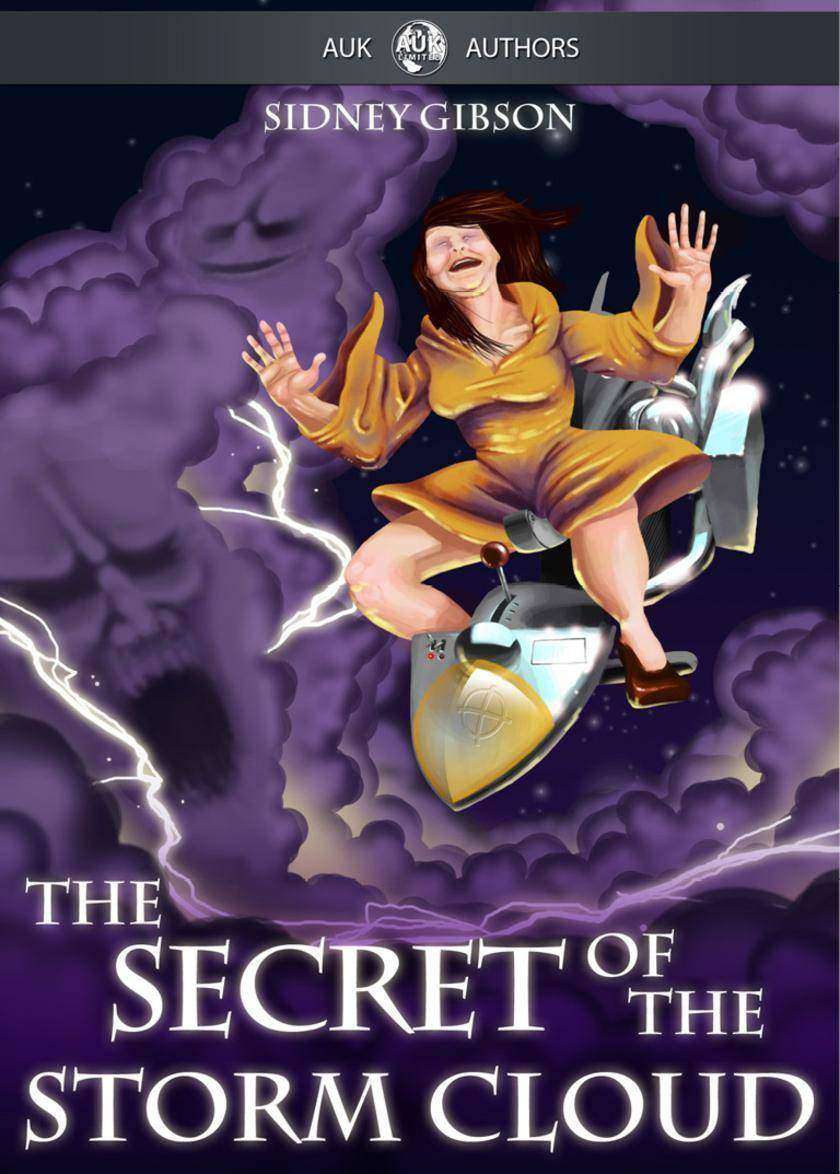
Secret of the Storm Cloud
¥58.76
When Euphemia Lovesweet is kidnapped on Halloween night and taken hostage to the castle of Ann Iolate, the evil supreme witch, in the parallel dimension of the Far Land, the magic talents of Azel Goodwill and the courage of Prince Danial are tested to the limit. Tradition confronts technology in this adventure of magic and romance which also resolves the mystery of why it rains clear water from a black cloud.
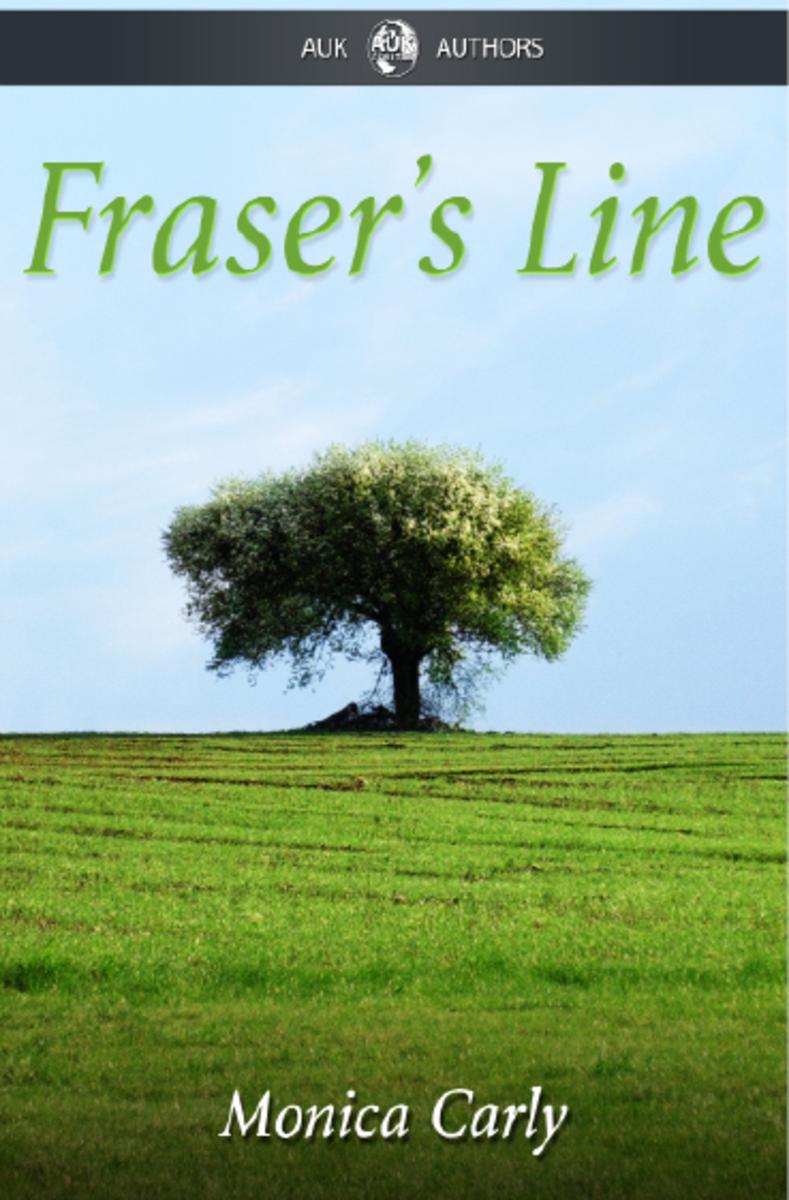
Fraser's Line
¥58.76
Fraser's Line is an intriguing debut novel from author Monica Carly. Fraser Coleman, in his early sixties, is devastated by the loss of his adored wife Edie, only to discover the painful truth that she was not as perfect as he thought. As if this were not enough he must now face other revelations concerning his two daughters, whose lives are far more dysfunctional than he had realised. Fraser's elderly mother, Marjorie, becoming increasingly frail and forgetful, is a concern to Fraser and his sister Margaret, but they disagree over her future as Margaret believes their mother should go into a care home and Fraser resists this. Marjorie, a widow ever since her children were very small, has her own secrets, having kept from her children the knowledge of the true identity of their father, and where and why he died. She thought this was for the best at the time, but is now anxious to pass the information on, before it is too late, As Fraser begins to face up to the previously unsuspected deceits and betrayals a new friend lends her support. Told compellingly and with humour, the story, with its many twists and turns, fully engages the reader until the satisfying conclusion has been reached.
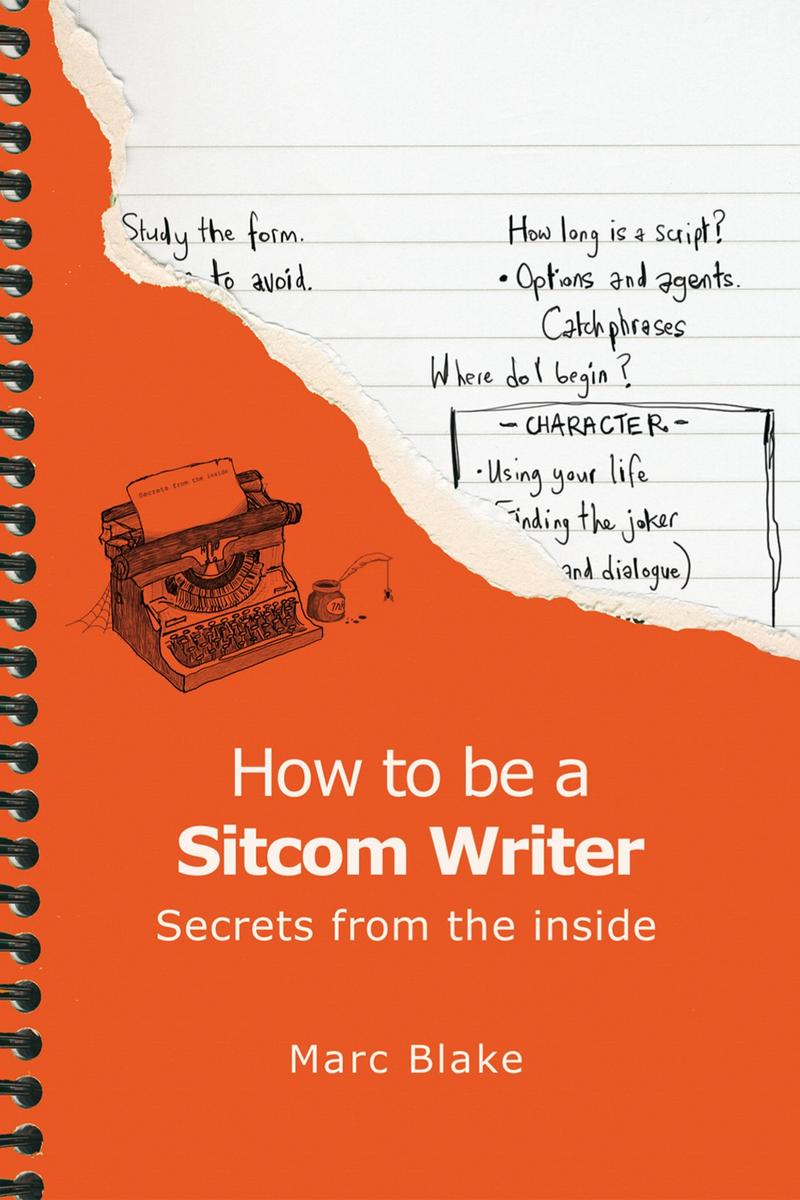
How To Be A Sitcom Writer
¥48.95
Everyone loves - and hates - sitcom. On TV it's the goldmine genre, the one watched by millions. There's a special place in our hearts for Fawlty, Frasier, Blackadder and Brent. An absurd predicament, witty banter, a group of hilariously dysfunctional people: it all seems so easy. But is it? If you've ever said 'I can do better than that', then this is the book for you. How to be a Sitcom Writer will encourage, test and pull you through the comedy boot camp that is writing narrative-led character comedy for radio/TV.
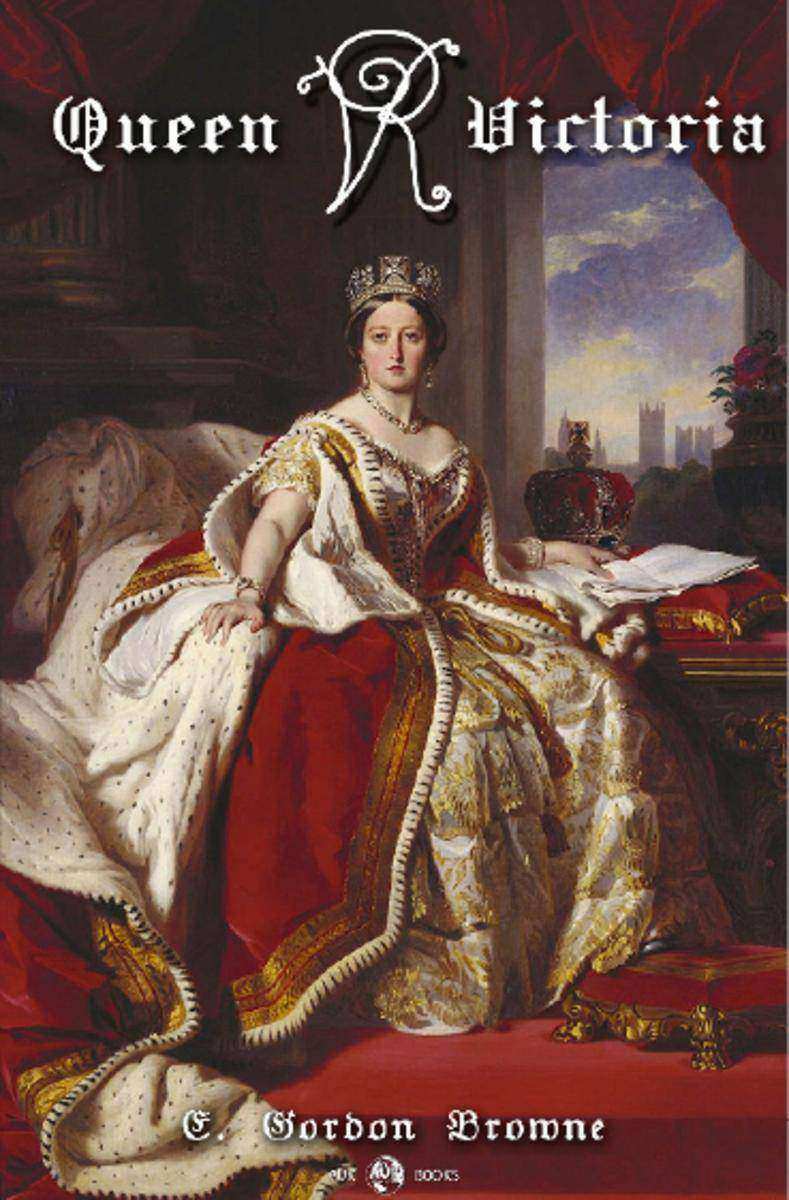
Queen Victoria
¥39.14
This book, a contemporary account from the time, chronicles the life of Queen Victoria (1819 to 1901). She married all nine of her children into the royal houses of Europe, gave her name to an era, ruled over England at a time of great change, survived assassination attempts, became the longest reigning monarch and more. This excellent book is a fascinating read about the woman behind the British Empire.
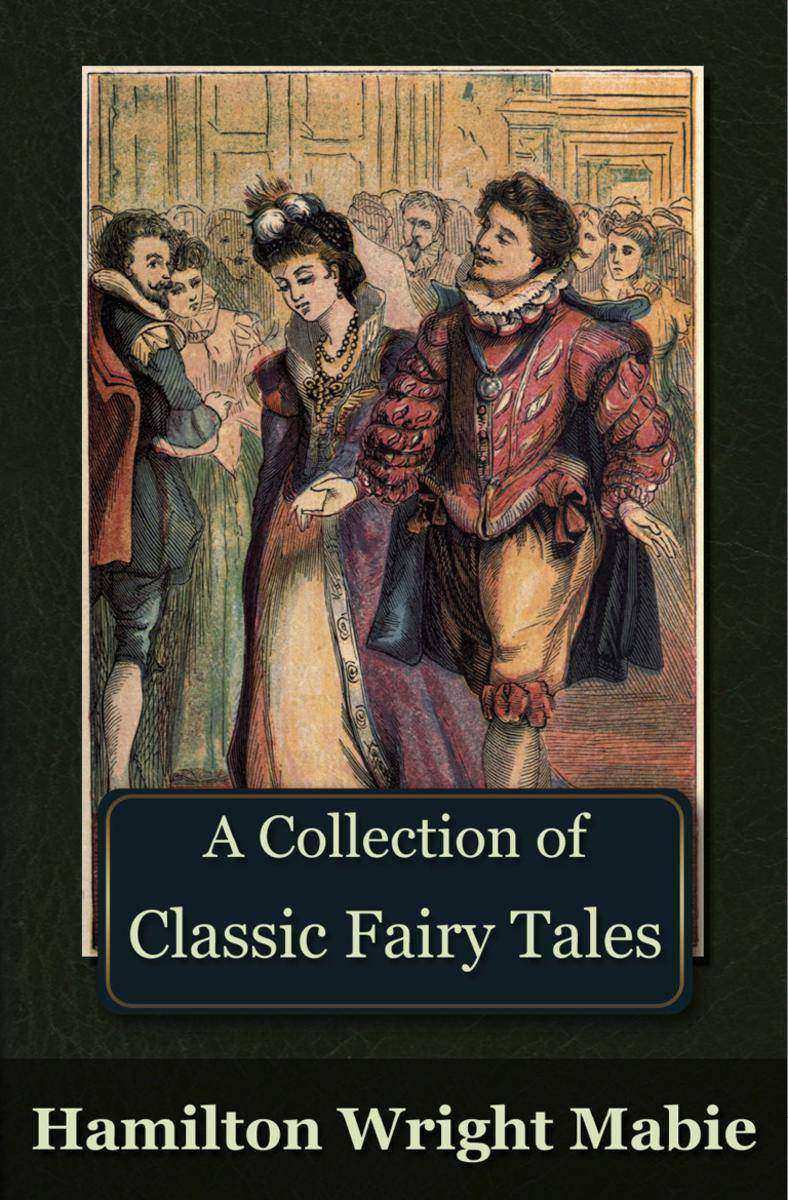
Collection of Classic Fairy Tales
¥58.76
From Cinderella to Aladdin, this great collection of stories contains many of the classics we all know and love. Specially formatted for today's e-readers by Andrews UK, there is something for everyone in this wonderful eBook.
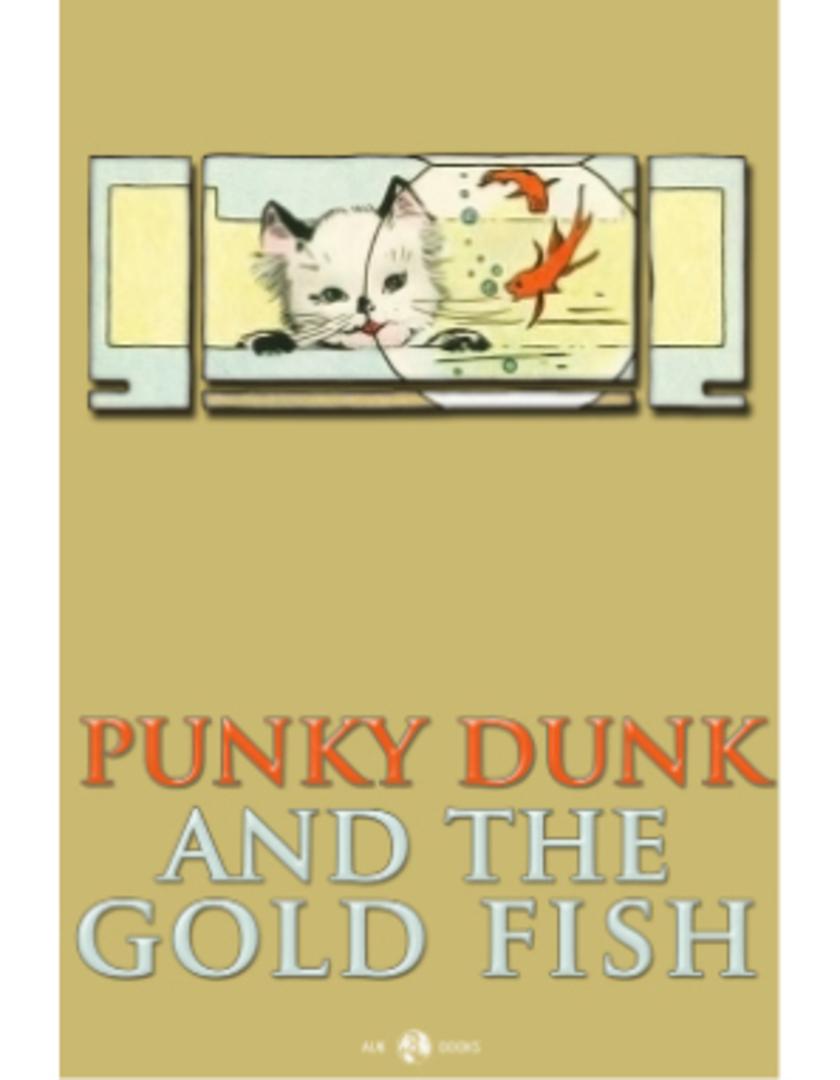
Punky Dunk and the Goldfish
¥29.33
In this charming fully-illustrated picture book, follow the story of Punky Dunk the cat as he tries to catch the goldfish in a bowl. With simple words and full-colour illustrations, this classic short story from a golden-age teaches strong moral values and is perfect for reading along with children. Punky Dunk and the Goldfish was first published in 1912, and is just as wonderful today.
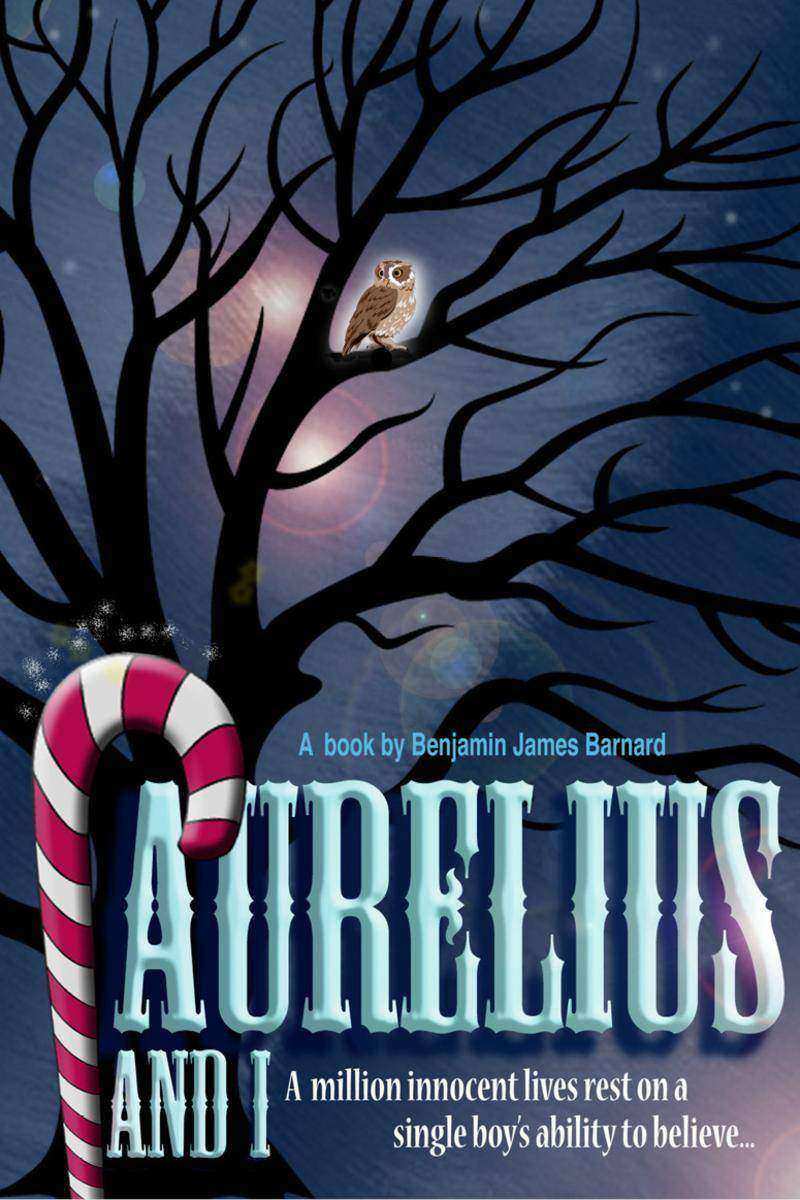
Aurelius And I
¥19.52
A million innocent lives rest on a single child's ability to believe... The first full-length work from one of Britain's most exciting new talents in children's literature, Aurelius and I is a story of magic, belief, destiny, and sherbet-filled Yorkshire puddings. Charlie Crumplebum is an ordinary boy, whiling away the long days of an ordinary summer holiday until his life is changed forever after a chance meeting with a flamboyant stranger by the name of Aurelius Octavius Jumbleberry-Jones. Having befriended the young boy over a mutual appreciation for ice-cream, Aurelius proceeds to reveal to Charlie the secret magical world that lives within the shadows of our own. He explains that the local forest is enchanted and provides home to a wealth of magical creatures, the lives of whom are being placed in imminent danger by the evil Professor Balzanfjoord - and that their only chance of survival rests on Charlie's young shoulders. Before Charlie is able to convince himself of the existence of magic or his own importance, Aurelius is kidnapped by The Professor's henchmen. Armed only with his Grandfather's supposedly magical watch and some jam sandwiches, the young boy ventures into the dark forest in search of a mythical scimitar which may hold the key to overcoming The Professor and his evil henchmen. But on a journey which will see him face many fearsome foes that should not exist outside of fairytales, Charlie soon comes to realise that the most powerful weapon at his disposal is his own self-belief.
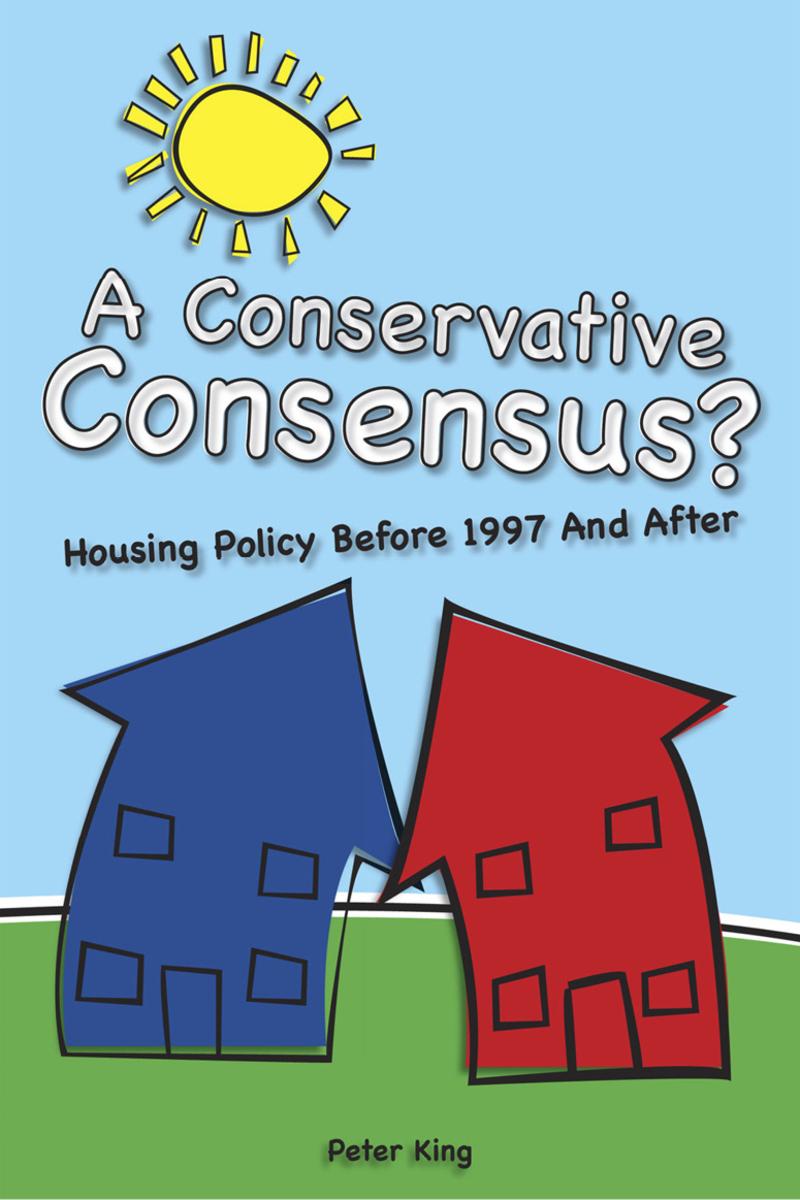
Conservative Consensus?
¥132.34
New Labour would like to portray 1997 as a new beginning for public policy, but Peter King argues that we now have, in housing and in other areas of public policy, a consensus based on Thatcherite reforms. He explores the particularly conservative understanding of housing that transformed public attitudes in the 1980s and 1990s, and the impact it still has on policy. This book is written with non-housing specialists in mind, and will be of interest to students of housing, urban studies, public policy and politics, at both undergraduate and higher levels.

Enchanted Castle
¥44.05
This enchanted tale from world-renowned children's author Edith Nesbit features the summer adventures of four children who discover an enchanted castle and a magic ring. It is a classic tale loved by generations of fans, and for this version has been specially formatted for today's e-readers.
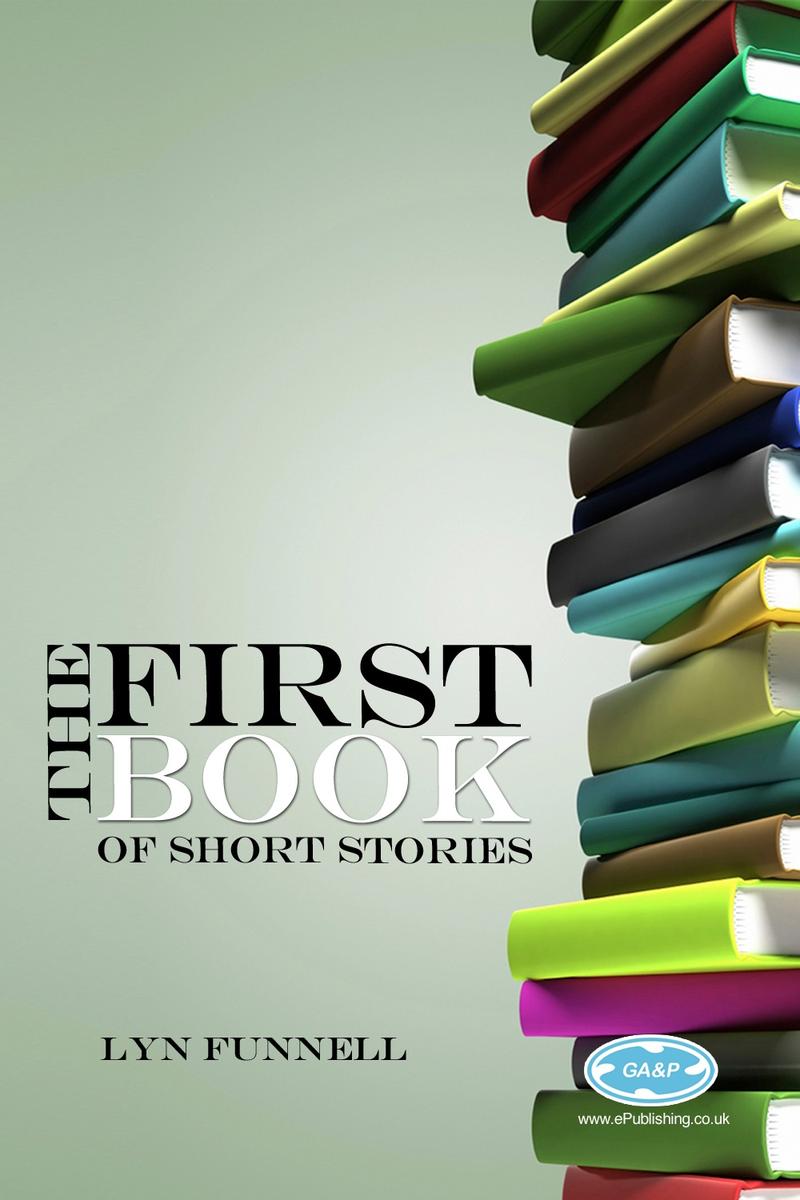
First Book of Short Stories
¥19.52
A collection of easy reading short stories that cover a variety of situations, places and characters. Another Fine Mess, Dining Out, If Britain became the new Venice, My Best Friend Jake and more will keep you entertained while your on the move or reading in bed.




 购物车
购物车 个人中心
个人中心



